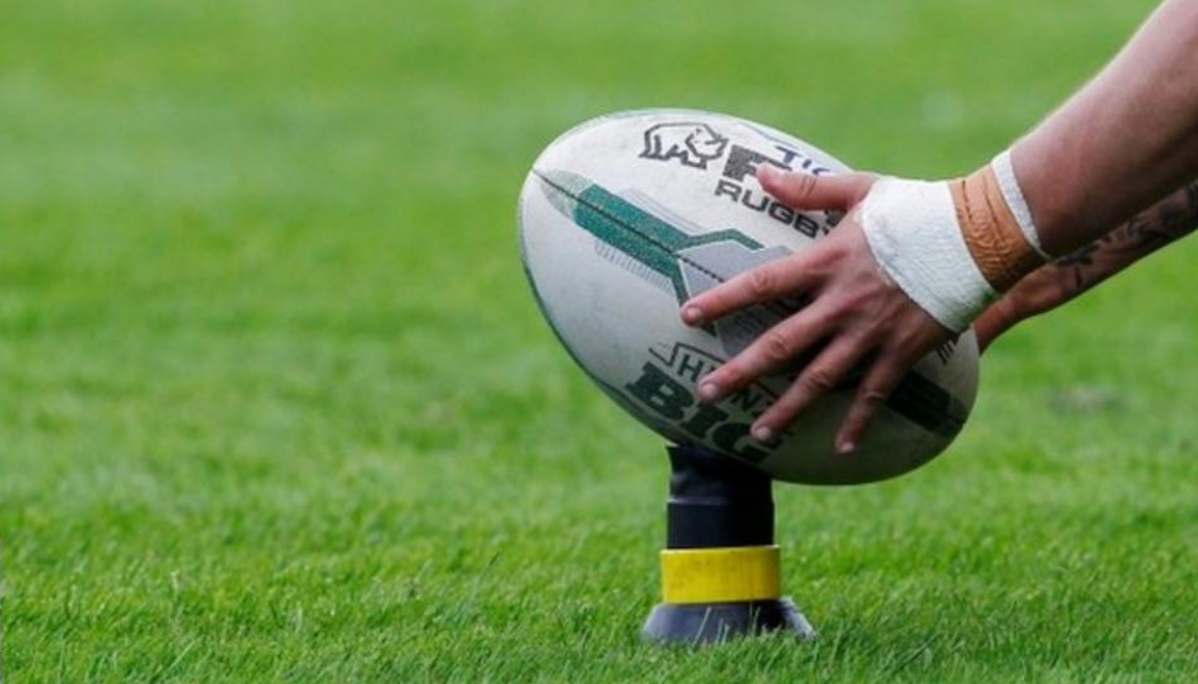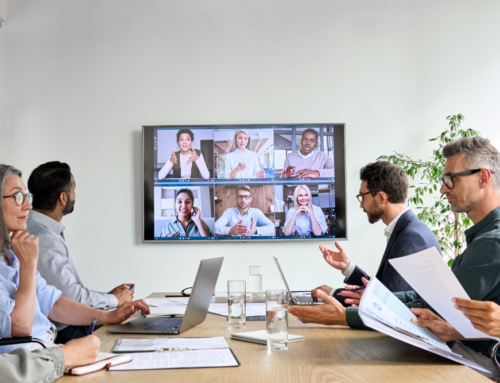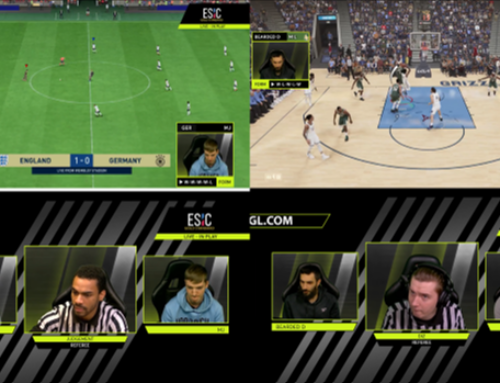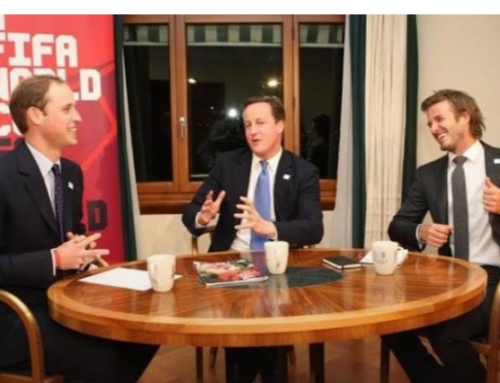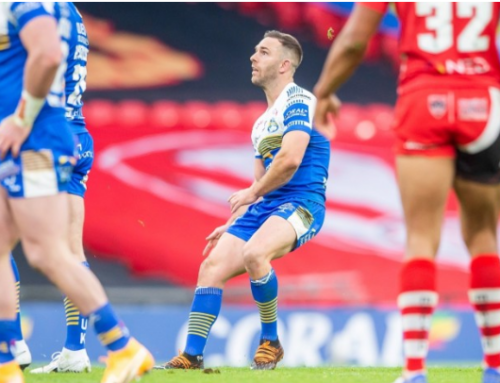Last week, the #RugbyLeagueWorldCup was being talked about everywhere. This was all due to the media coverage of a ministerial gaffe.
The Rugby League World Cup had arranged an event at a grassroots Rugby League Club near St Helens to draw media attention to the huge social investment impact that the tournament will make. It was a magnificent event. It should have received decent media coverage in its own right, being a story of a major sports event making a significant difference in addressing social issues, deprivation, and social exclusion.
What catapulted this to the front pages, the news pages, the comment pages and on to the running order for political and comedy shows – in another words, what got the event its’ high profile- was a a gaffe by the Secretary of State for Digital, Culture, Media & Sport, Nadine Dorries, in which she mistakenly referred to the Rugby Union World Cup and got her Rugby Codes badly muddled up.
Cue hilarity on social media, analysis and mickey taking in the newspapers, and comedy and political shows all referring to the Secretary of State’s apparent sporting confusion. I suppose this was inevitable, given the much publicised and debated difficulties of the Prime Minister and the Secretary of State’s support for him. As a result, there is no question that more people now know that England is hosting a Rugby League World Cup this October and November, than would have been the case had this event not become the setting for some political intrigue.
Why should an unrelated story be the trigger to afford the Rugby League World Cup the attention that it should have? This will be the biggest, the best and the most inclusive Rugby League World Cup there has ever been. We are simultaneously hosting the Men’s, Women’s, Wheelchair and Physical Disability World Cups. Many matches are double headers. The tournaments are being played in Cities and towns in the North such as Newcastle, Doncaster, Leeds, York, St Helens, Warrington, Sheffield, Leigh, Wigan, Middlesbrough and Bolton, as well as at high profile venues such as St James’s Park, Elland Road, Old Trafford, the Emirates Stadium, Bramall Lane and the Copper Box Arena on the Olympic Park. It has blue chip corporate sponsors attached to it, including Cazoo and Vodafone. The marketing and awareness raising from the leadership team of Jon Dutton and all of the Ambassadors is exemplary and best in class. It should be something that attracts widespread coverage in its own right.
And yet, the three occasions that have generated the most coverage for this forthcoming event have been when a Government Minister muddled the Rugby Codes up last week, when the RFL Chair – this author- used fruity language to criticise the Australians for forcing the postponement of the World Cup in July 2021, and in 2020, at the time of the draw, when Prince Harry made his first public appearance after confirming that he and the Duchess of Sussex were leaving the UK.
Why has it taken three external factors to give the Rugby League World Cup more visibility than otherwise would have been the case?
This is a largely a result of what I call the media ambivalence towards the great sport of Rugby League. Whether this is because of geography, snobbishness or indifference, Rugby League fights harder than it ought to for attention and visibility. I am not the first Chair of the RFL to call this out. I hope that I will be the last to do so.
The Times and Sunday Times have four pages of Rugby Union every day even when there are no matches, and Rugby League struggles to get half a page even when there is the most exciting action to report. Even though our game is played in many constituencies in the North, whose destiny may well decide the next General Election, Rugby League issues rarely crack through the barrier imposed by the London and South East consolidation of the media industry. Mind you, this is also the case with political issues affecting the North.
We are determined to get Rugby League the attention it deserves. And we may be able to do so. The whole approach by IMG will make a difference, with a fresh brand strategy, and a new approach to digital access and streaming. So will the fact that we have more Rugby League on more channels than ever before. Premier Sports and Channel 4 have both brought a new freshness and energy to coverage of the sport and are being rewarded with good levels of viewing. Sky Sports are showing more matches than ever before.
The BBC will be showing live nearly 30 matches from the Rugby League World Cup.
The Cities and towns hosting World Cup Matches are displaying civic pride and raising awareness in a way that other sports would do well to emulate. The coverage of Pride Week at Keighley Cougars attracted national attention.
The Ministerial Mishap may have drawn eyes to the Rugby League World Cup. It will be an outstanding tournament. And if we can keep those eyes on it, we have a chance to shift the profile of our sport.
